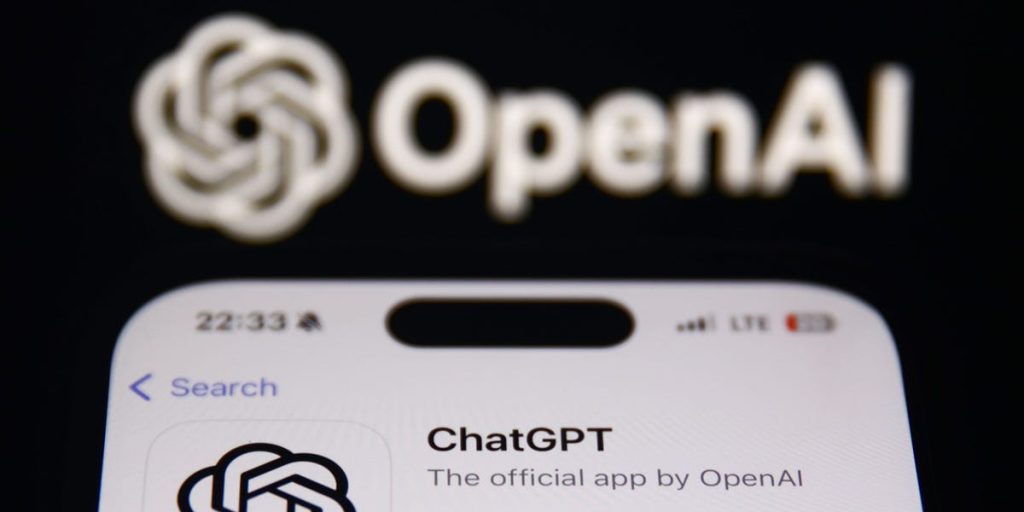A lot can happen in a year at OpenAI.
Calvin French-Owen, a former member of OpenAI’s technical staff who helped launch a series of AI coding tools called Codex, published a lengthy blog post on Tuesday that detailed what happened to him in his year at the company.
His blog offers a rare, first-person account of everyday life at OpenAI — insight that its string of recently departed employees haven’t provided until now.
He said he left about three weeks ago after starting in May 2024. Prior to OpenAI, he was the cofounder of a customer data platform called Segment, according to his LinkedIn profile. He said he’s still figuring out what’s next.
French-Owen said that OpenAI has a “bottoms-up” culture, especially in its research departments. This makes the company “very meritocratic,” he said, and people are promoted on their ability to generate ideas and execute them. The most competent, he said, weren’t great at all-hands presentations or “political maneuvering.”
Despite the revelations about CEO Sam Altman’s leadership style that surfaced during his brief ousting as CEO in 2023 — and subsequent chatter of culture clashes between the company’s academic and corporate factions — French-Owen said the company stays true to its nonprofit origins. “The longer you’ve been there, the more you probably view things through the ‘research lab’ or ‘nonprofit for good’ lens,” he wrote.
That’s not to say the company isn’t worried about turning a profit. He said success is mostly measured by the number of subscriptions a new tool or update generates, a key path to profitability.
He also said the company doesn’t operate like an institution or a tech giant. It makes decisions quickly, teams are fluid, and it can be “very secretive,” he said, so he never knew what others were working on in much detail.
Another hallmark of the fast-paced, startup-like culture is that most communication takes place on Slack. French-Owen said he received about 10 emails during his whole tenure at OpenAI.
But the pace can sometimes backfire. “Everything breaks when you scale that quickly: how to communicate as a company, the reporting structures, how to ship product, how to manage and organize people, the hiring processes, etc,” he said.
Hours are long, he said, especially as it comes close to a product launch. Some of OpenAI’s engineers told media outlets that they were burned out from working 80 hours a week, and the company gave them a week off earlier this month.
Related stories
When the launch of Codex neared, French-Owen said he worked from 7 a.m. to midnight most days, and weekends, too.
“The stakes feel really high,” he said. “On the one hand, there’s the goal of building AGI — which means there is a lot to get right. On the other hand, you’re trying to build a product that hundreds of millions of users leverage.”
Artificial general intelligence is broadly defined as AI that reasons as well as or better than humans. It’s what most leading AI companies are competing to develop first.
Talent is the key to reaching that goal. The biggest tech companies in the world are throwing millions at a handful of top researchers to win the race to AGI.
Meta has been at the forefront of these talent wars. CEO Mark Zuckerberg recently hired Scale AI CEO Alexandr Wang to lead its AI efforts, and has recruited some of the top AI researchers in the world from other companies.
One of the top places Zuckerberg is poaching from is OpenAI. Jason Wei, who worked on OpenAI’s o1 and deep research models, and colleague Hyung Won Chung, both left for Meta this week.
Ultimately, French-Owen said there’s a chance he’d return to OpenAI.
“It’s entirely possible that the quality of the work will draw me back,” he said. “It’s hard to imagine building anything as impactful as AGI, and LLMs are easily the technological innovation of the decade.”
OpenAI did not immediately respond to Business a request for comment from Business Insider.


